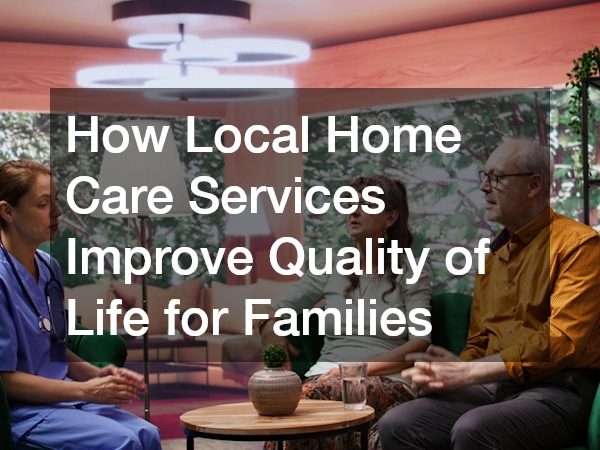Intermittent fasting is becoming an increasingly popular health and fitness trend.
People who practice this curious eating habit claim to experience weight loss, better health and overall wellbeing, and a less-complicated lifestyle that could lead to a longer life.
If you want to know more about intermittent fasting, this blog will shed some light on how it works and if this technique is for you.
What Is Intermittent Fasting?
To be clear, intermittent fasting is not a type of diet, but a cycle of eating and fasting. This practice isn’t so much about changing what you eat, but more about changing when you eat. This is assuming that what you’re already eating is mostly healthy food that isn’t processed, fatty, or laden with salt, sugar, and empty calories. If there’s already a lot of junk food in your diet, make sure to replace them with healthier options. Fasting and consuming a lot of bad food will only cause you to consume more of it and undermine the supposed health benefits of this practice.
Before You Begin
Don’t dive right into intermittent fasting willy-nilly. MD diet clinic in Salt Lake City recommends that you consult your doctor or a diet specialist first whether intermittent fasting is something you can do and will be good for you, physically and psychologically.
The Benefits
One of the main benefits of intermittent fasting is weight loss. It’s also the primary reason many people try it. But there are other benefits, such as:
Simpler Lifestyle
Most people who practice intermittent fasting say they enjoy the ease and simplicity of their day. They get up in the morning and start with a glass of water. ; They don’t eat breakfast at all. In fact, they don’t eat anything until lunchtime, then eat dinner only after 8 hours past lunch. Some eat a large meal every 14 or 16 hours. Others eat normally for five days, then restrict their calories for two days. By skipping a meal each day, or going for more hours or even a full day without eating, they free up a lot of time not worrying about cooking and cleaning up after a meal.
Easier than Dieting
As a weight-loss strategy, intermittent fasting is much easier to implement than any diet. Diets make you think about what you eat and how much of it you eat. With intermittent fasting, there aren’t too many restrictions on what you can eat as long as it’s not junk. You also don’t have to constantly do mental calculations of how many calories you can consume in a day, nor do you have to constantly read packaging labels to avoid certain ingredients. While it may sound tough to restrain yourself and go without food for say, 12, 16, or even 24 hours, it’s easier done than said, as opposed to strict diets, which are easier said than done.
May Reduce Cancer Risk
A study was conducted to find links between intermittent fasting and cancer risk reduction. The results were inconclusive but promising. Animal subjects put on intermittent fasting suggest that cancer risks among them were lower, but tests on human subjects were not thorough enough to warrant a solid validation of the protective benefit of intermittent fasting against cancer. ; A more thorough test is needed. The study, however, found that there was at least evidence that fasting could reduce the risks of cardiovascular disease.
Better Brain and Heart Health

Intermittent fasting was found to reduce levels of LDL or “bad cholesterol,” blood triglycerides, blood sugar, and insulin resistance. What this translates into is a stronger heart and significantly reduced risk of heart disease. Fasting was also discovered to enable increased production of brain hormones that promote the growth of new nerve cells. The improved brain health from fasting could also stave off Alzheimer’s disease.
There are varying styles of intermittent fasting, and you should consult a doctor or dietitian to know which style is safe for you.






